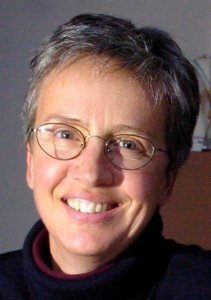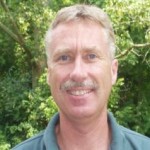In a show where Anton describes dolphins as “unicorns, only wetter”, our guest is Dr Liz Slooten.
Listen in to find answers to these burning questions and more:
- Why is the concept of “sustainable bycatch” for marine mammals a bit of a nonsense? (hint: we wouldn’t accept a bycatch of kiwi, yet NZ’s sea mammals are endangered and declining).
- Is a “blue economy” possible? Can the ocean withstand any further industrialisation? (hint: no).
- What is good, and bad about fisheries Quota Management System? (hint: it doesn’t specify method controls).
- Why do Hector’s Dolphin click but not whistle? (might have been other way around).
- What is New Zealand’s most polluted species? (hint: its initials are HD).
- Why can’t the dolphins learn to get out of gill nets? (hint: it is fatal).
- What is “fission fusion”? (hint: a dolphin party).
- How much would it cost to protect NZ’s remaining dolphins? (hint: a really small number).
On a more sombre note, Liz describes the recent death of a Maui’s dolphin off Cape Egmont. How it happened and what wasn’t done to protect it.
Associate Professor Liz Slooten is New Zealand’s leading authority on the use of population modelling to estimate sustainable levels of marine mammal bycatch in fishing operations. Her teaching and research interests include a wide range of scientific approaches to ensuring that intentional and unintentional impacts on animal populations are sustainable. These include visual and acoustic census techniques, study of survival and movements of identifiable individuals, study of pollutant levels in marine mammals and other animals, effects of tourism on marine mammal behaviour, reproductive biology, population modelling, risk assessment and decision analysis. Dr Slooten represents New Zealand at the Scientific Committee of the International Whaling Commission.
Shane’s number of the week: 21. Shane argues that the denial of assistive technology to green MP Mojo Mathers is a breach of Article 21 of the UN Convention on the rights of persons with disabilities. (Mojo Mather’s Maiden Speech).
Sam’s joined-up-thinking: The Resilient People: Resilient Planet reaffirms the goals of the Brundtland report. It asks what we have to do to make a difference.




